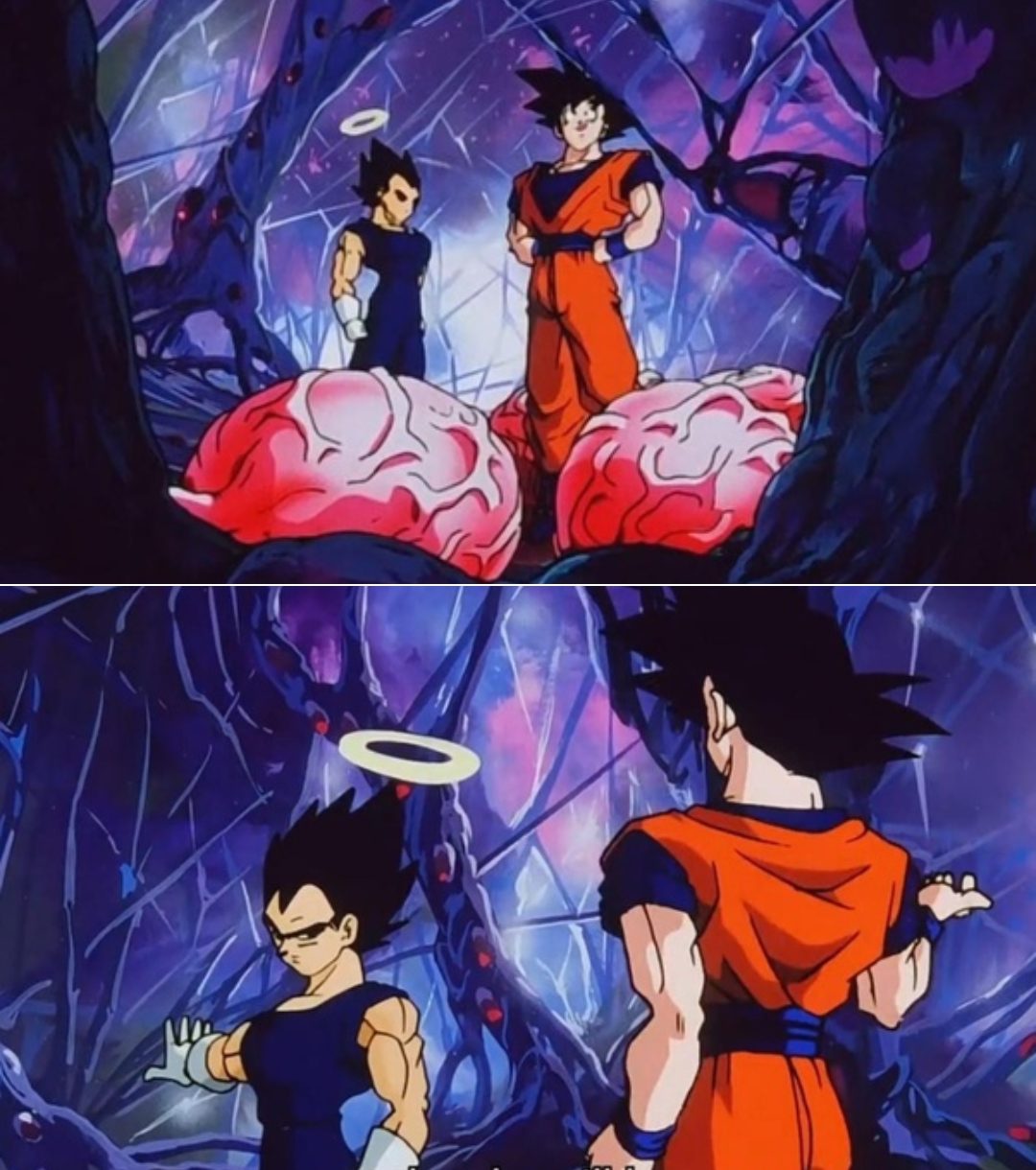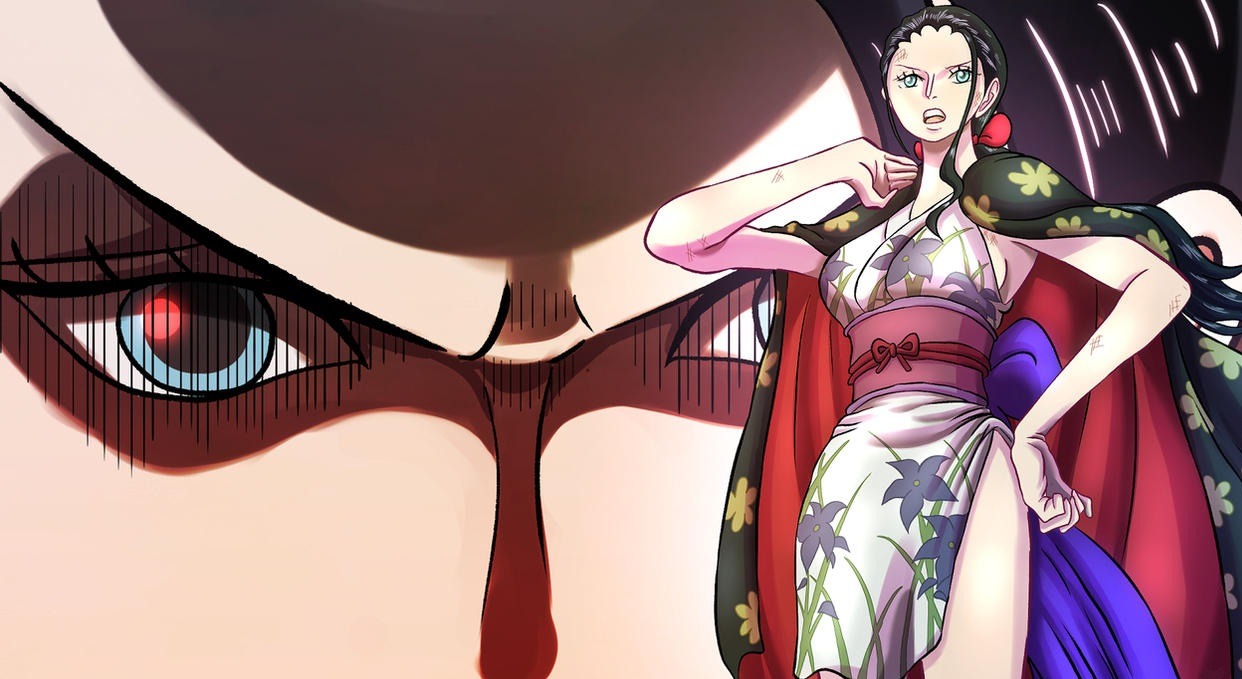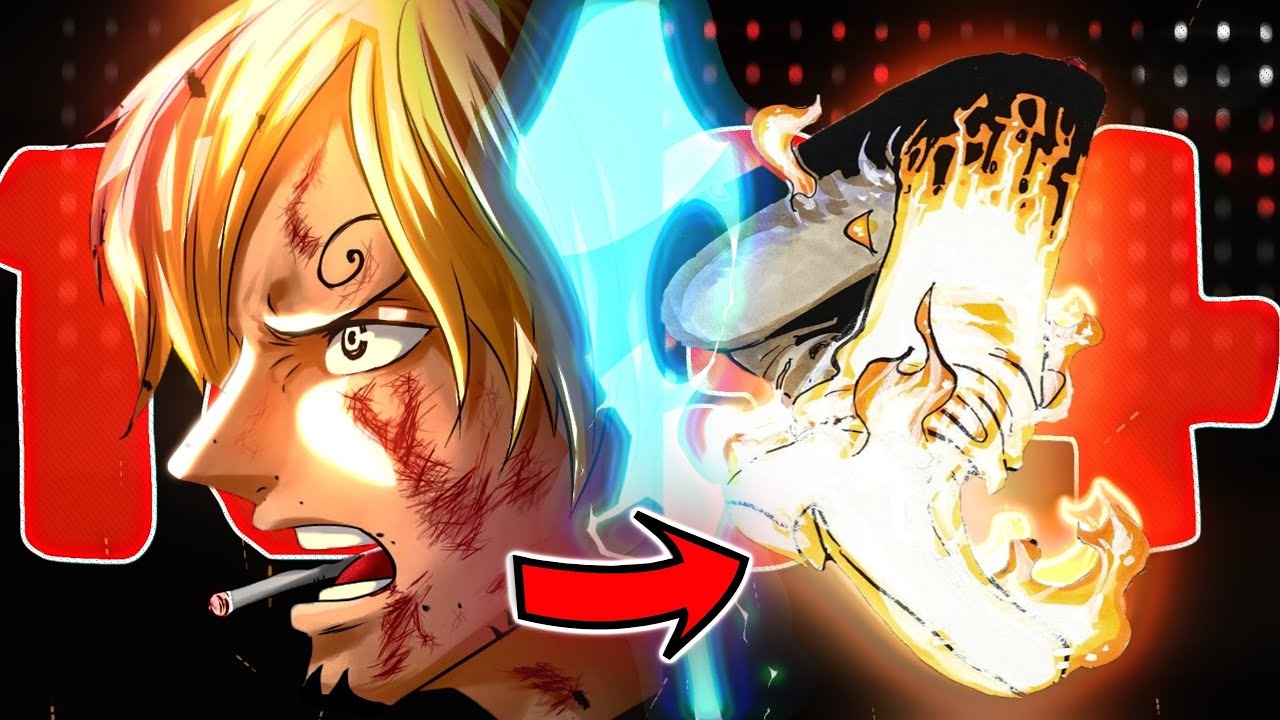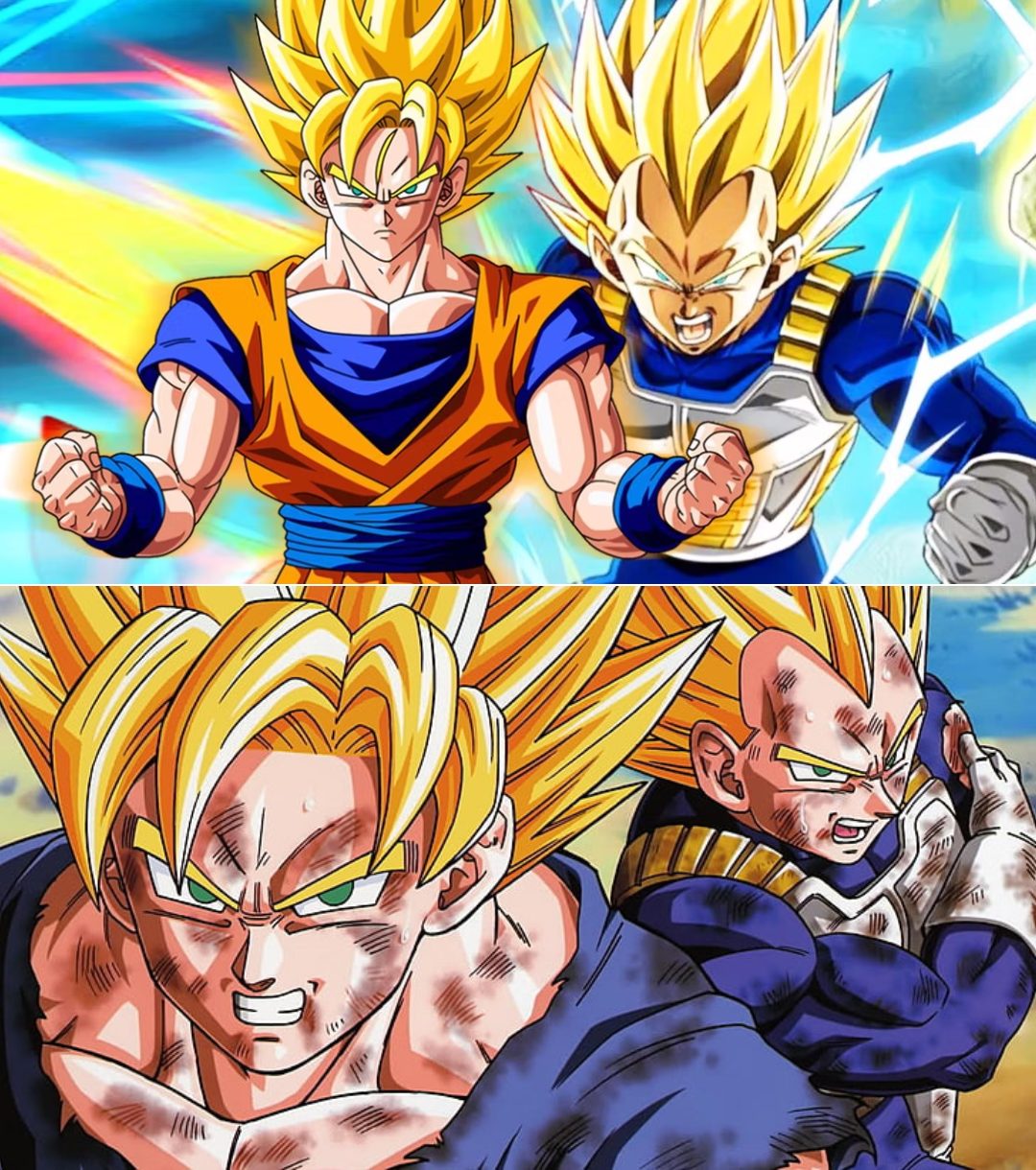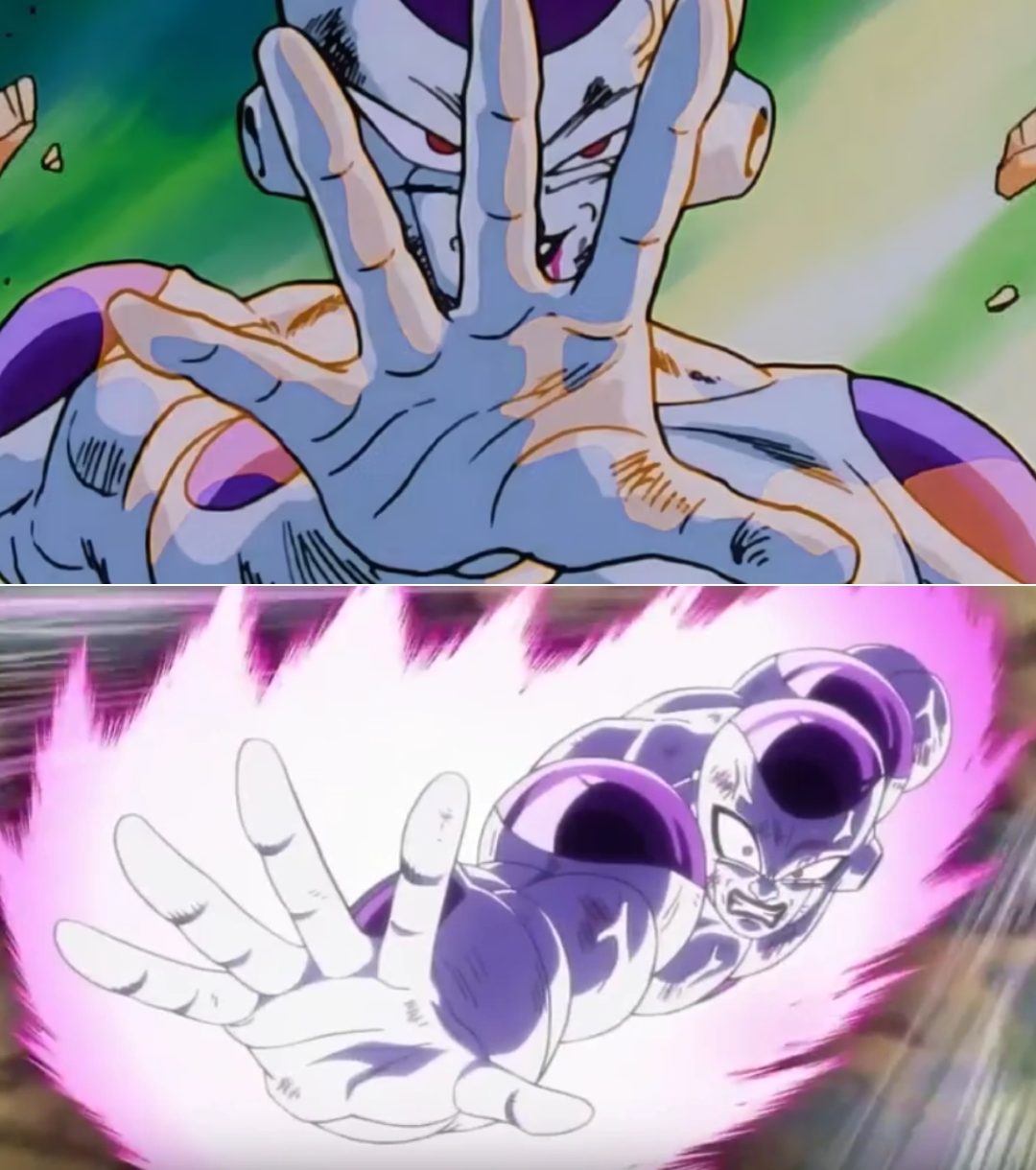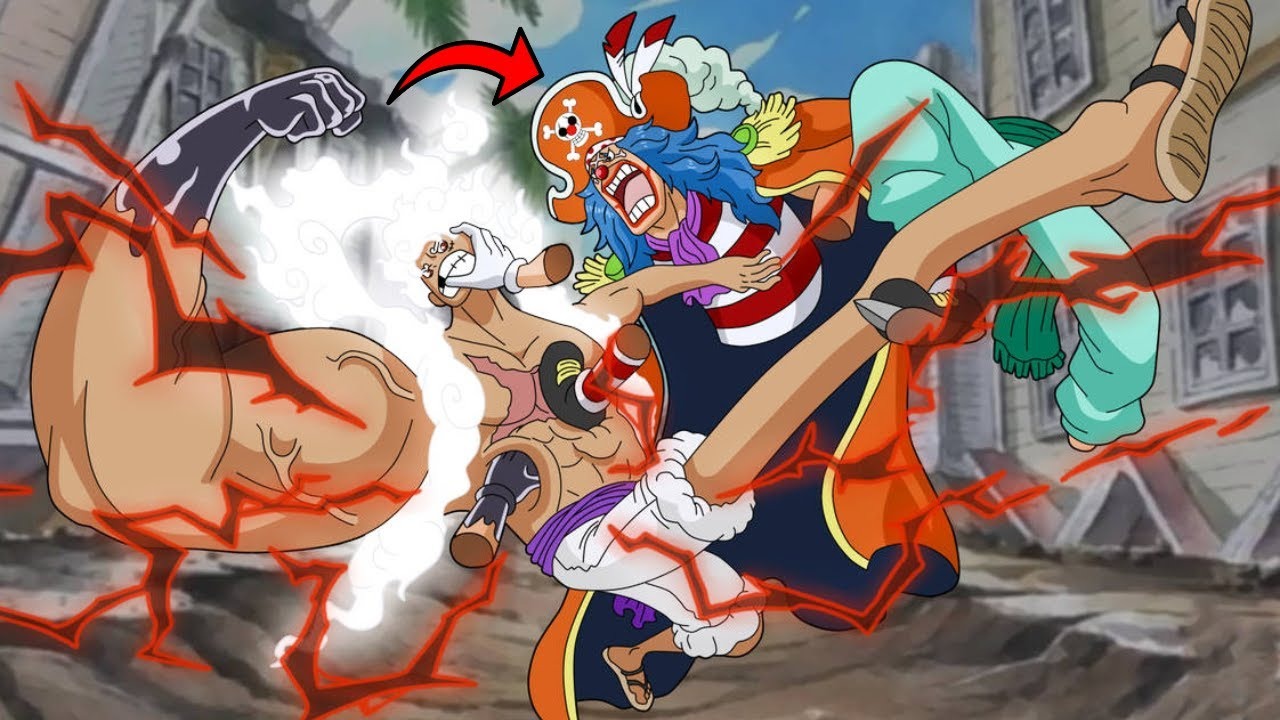Every Dragon Ball fan knows: Vegeta is the Prince of all Saiyans. It’s something that Vegeta simply will not let anyone forget, and understandably so. It represents who he is in the deepest sense, and is his main source of pride. As well-known as Vegeta’s identity as the Saiyan Prince is, though, it’s something that even series creator Akira Toriyama didn’t seem to know at first.
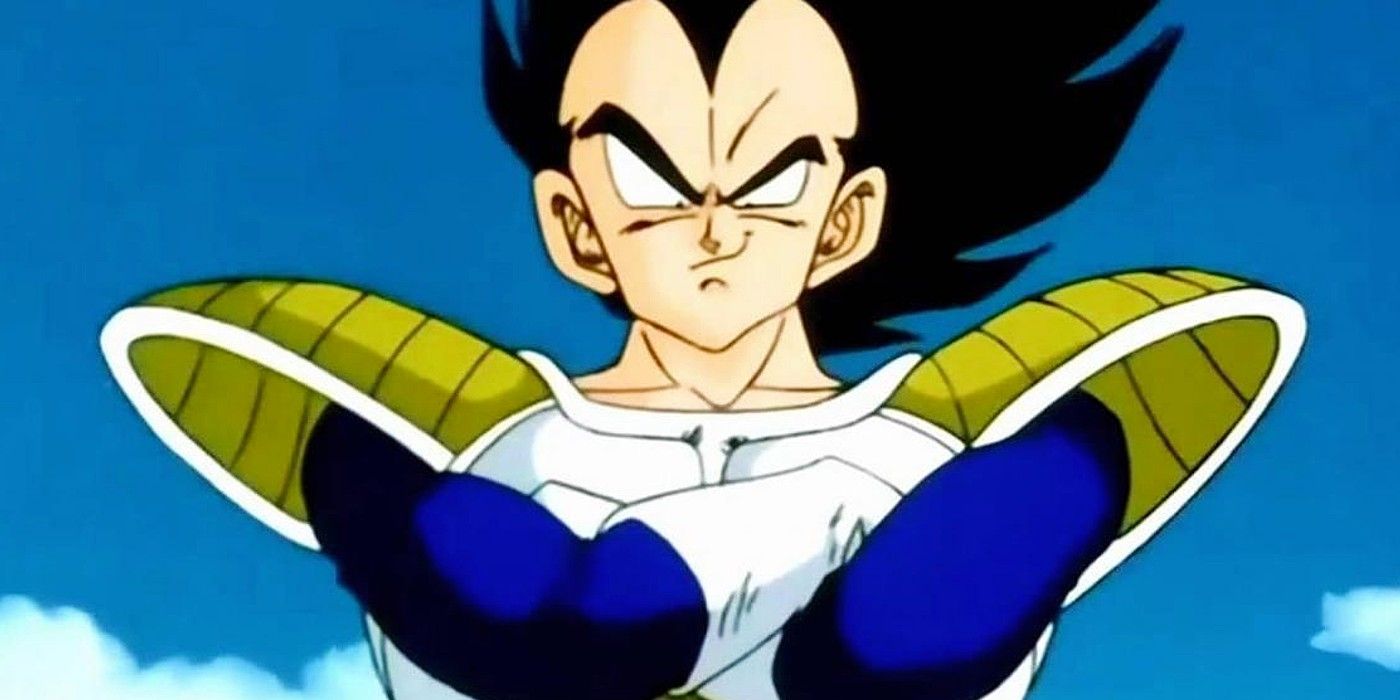
When Vegeta was first introduced to Goku in Dragon Ball Z, he only called himself “an elite warrior”, which – for anyone that knows Vegeta – is a bit out of character. After all, Vegeta never stops going on about how he’s the “Prince of all Saiyans”, and he loves nothing more than to descend into a monologue about how the blood of a warrior race courses through his veins. Therefore, for him not to announce his royal title earlier in the series can only mean one thing: Vegeta’s status as the Prince of all Saiyans was nothing less than a retcon that occurred long after his first appearance during the Saiyan Saga.
10 Dragon Ball Z Fights That Changed Vegeta’s Life Forever
10 Best Dragon Ball Z Episodes Starring Vegeta
Vegeta is one of Dragon Ball Z’s most important players and a character who’s been central to some very special episodes!
The First Time Vegeta Was Called a Prince in DBZ
It Wasn’t Until the Namek Saga That Vegeta Was Finally Referred to as the Saiyan Prince
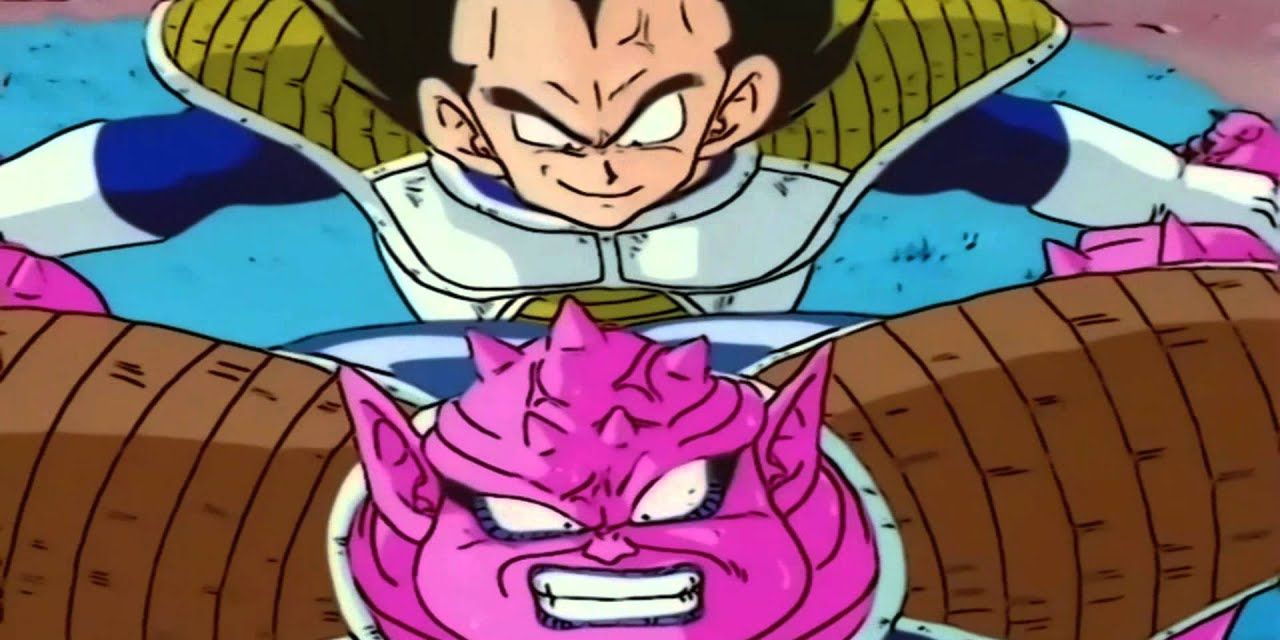
The first mention of the name “Vegeta” in DBZ is a mention of the saiyan people’s home Planet. Raditz tells Goku in Chapter 3 of the DBZ manga, “Tails of Future Not-Quite-Past”, that their homeworld, Planet Vegeta, was destroyed by an asteroid. Of their “proud and mighty race”, only four remained, with the other two later being revealed to be Nappa and Vegeta. Later, upon Raditz’s death in Chapter 10, Vegeta makes his first appearance, though his name isn’t revealed.
Even more curiously, Raditz refers to both Vegeta and Nappa only as his “two partners”; in no way inferring that one of them might be the leader of their entire race. It’s not until Chapter 19 that Vegeta is first called by his name, thus finally hinting at his connection to the saiyans’ planet for the first time. Still, it’s not made clear that Vegeta is an actual prince or the heir to the saiyan throne. Of course, this could just have been a piece of information Akira Toriyama didn’t want to reveal until later to raise the suspense, but there’s reason to believe this isn’t the case.
The first big indication that this was a retcon is the fact that neither Nappa or Vegeta mentioned Vegeta’s princely title throughout the entire remainder Saiyan Saga – despite them both having ample opportunities to do so. In DBZ Chapter 32, “The Mystery of the Kaioken”, Nappa claims that he himself is “an Elite Warrior of Nobility” and that Goku is nothing but a “lower-class” saiyan. He then goes on to tell Goku before Vegeta fights him that “you’ll be damned sorry it ever happened… there’s a reason he’s named after the Planet Vegeta itself”.
This statement seems to imply that Vegeta was given his namesake because of how powerful he was as a warrior, and not by any noble birthright. Instead of being named after his father as part of the royal bloodline, Vegeta was named after the planet, which makes his name seem far less exclusive. In fact, while their dialogue infers that Vegeta is the more intelligent of the pair, there never seems to a point early on where Nappa is directly deferring to Vegeta as he would to a Prince.
It’s not until Vegeta decides they’ll wait until Goku arrives that Nappa finally takes direct orders from Vegeta for the first time in the manga. Up until that point, Vegeta often would make a suggestion to Nappa which Nappa would follow because it seemed like the smarter thing to do, but Vegeta never ordered him to do anything directly. At the moment Nappa told Goku how powerful Vegeta was, it would have been the perfect chance for him to also explain Vegeta’s royal heritage, as it would have certainly made a bigger impression than him simply being a strong fighter.
Even more egregious than this is the fact that Vegeta doesn’t ever mention his princely title himself. In Chapter 34, “Mano a Maniac”, Vegeta squares up with Goku, warning him that “a bottom-tier boy like you hardly ever gets the chance to plan with an elite warrior like me…” Instead of explaining his position as the Saiyan Prince as he has to so many other opponents since, Vegeta feels it’s more important to explain how he’s an “elite warrior”.
Goku is one of the last remaining Saiyans in the universe, so it’s amazing that Vegeta doesn’t take this one opportunity to order Goku to bow at the feet of saiyan royalty. Vegeta as a character was around for quite a long time before the word “Prince” was ever attached to his name. The first actual mention of Vegeta being the Prince of all Saiyans was by Dodoria in the Namek Saga. More specifically, in Chapter 63, “Vegeta vs Dodoria”, and Episode 49 of the DBZ anime, “The Prince Fights Back”.
This is a full 30 chapters after Nappa mentioned Vegeta’s connection to the name of the Saiyan’s planet, and long after he told Goku he was an elite warrior. After threatening Dodoria’s life, Vegeta’s title as prince is finally revealed to him in a relatively anti-climatic fashion. If this were a detail that Akira Toriyama was waiting to reveal until the right moment, he almost certainly would have done so in a more dramatic way.
“You should be thankful, Vegeta. Being a Prince, and as talented in battle as you are, Frieza thought you still might be useful to us.”
– Dodoria
After all, this was also the first time Vegeta learns that Frieza destroyed Planet Vegeta instead of it being hit by an “asteroid”, as the saiyans were originally told. Dodoria revealing that Vegeta was the Prince of Saiyans at this moment is a detail that doesn’t catch fans’ attention as much as the bombshell of the fate of Goku’s home planet and the current villain’s role in it. Considering how central his being a Prince became for Vegeta, in hindsight, it should really have been treated as the most important reveal of the chapter instead of something just mentioned in passing.
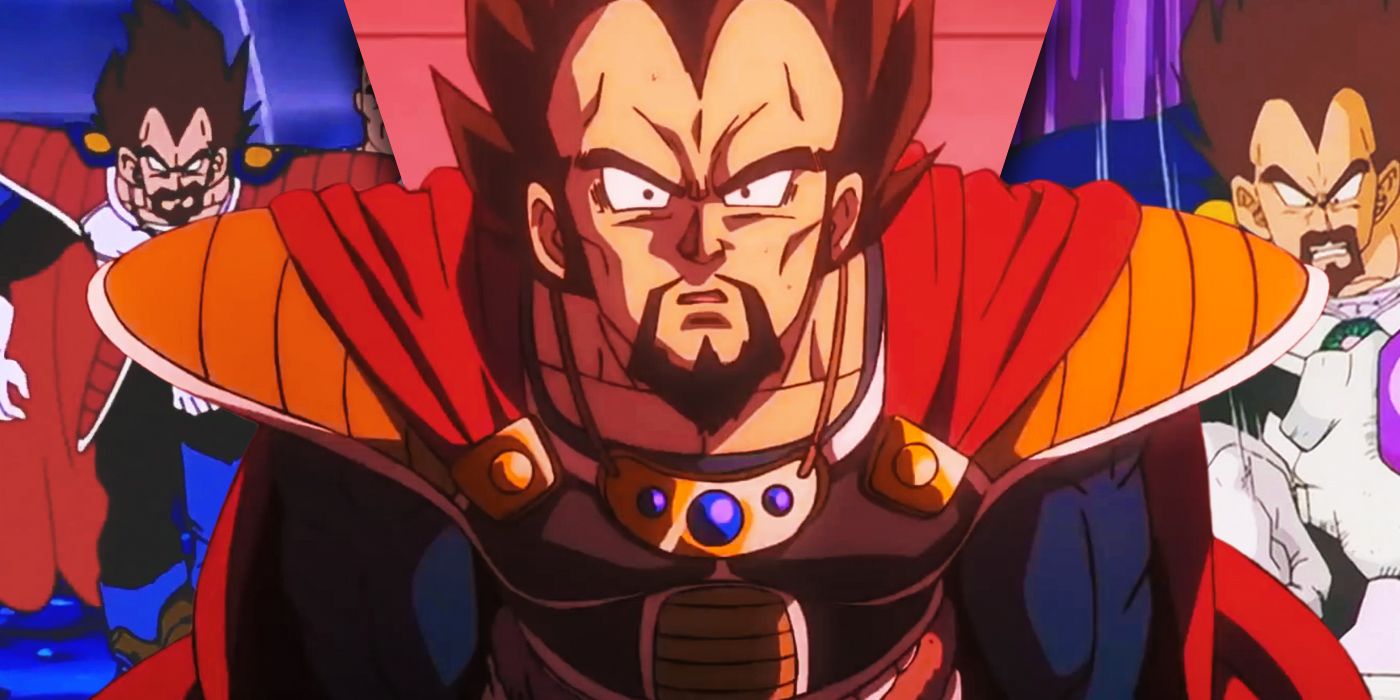
Dragon Ball Z: 10 Things You Didn’t Know About King Vegeta
Although King Vegeta never appeared in the manga, there’s way more to King Vegeta than most Dragon Ball fans realize.
Why Vegeta Didn’t Need to be a Prince at First
Saiyan Royalty Wasn’t Needed to Set the Theme of Vegeta and Goku’s Fight
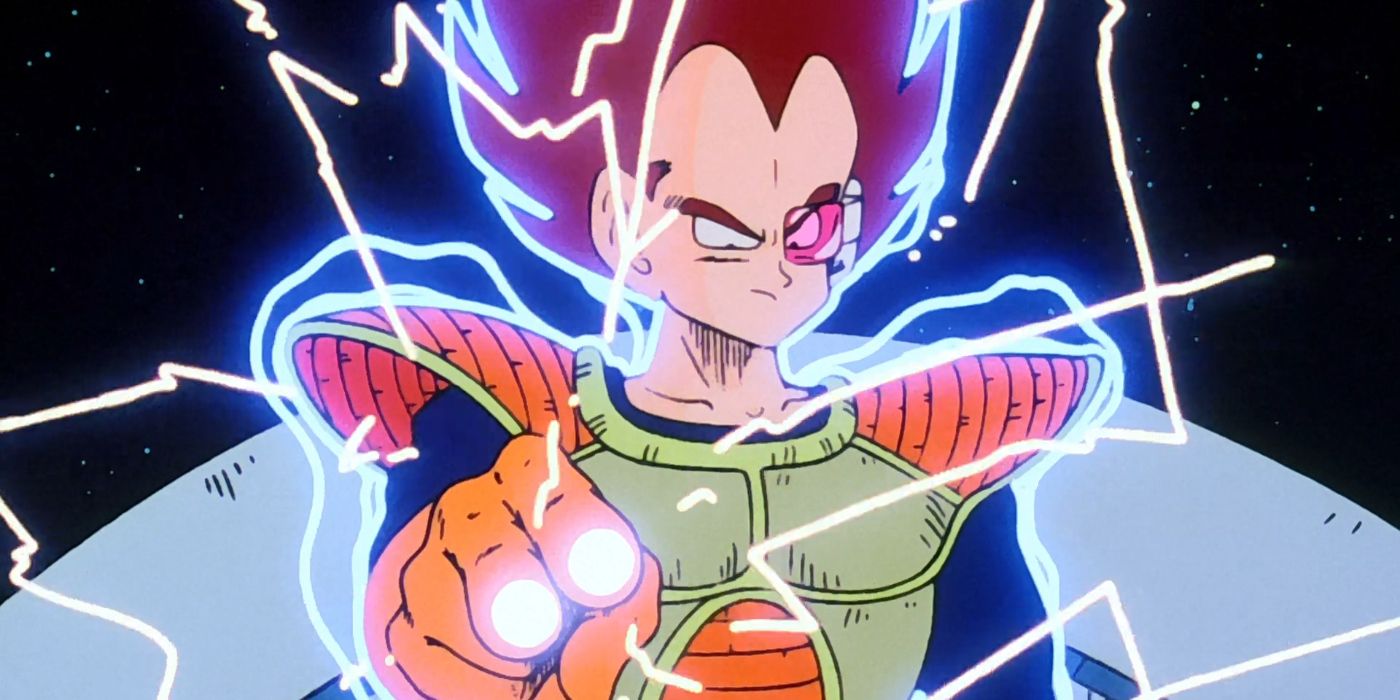
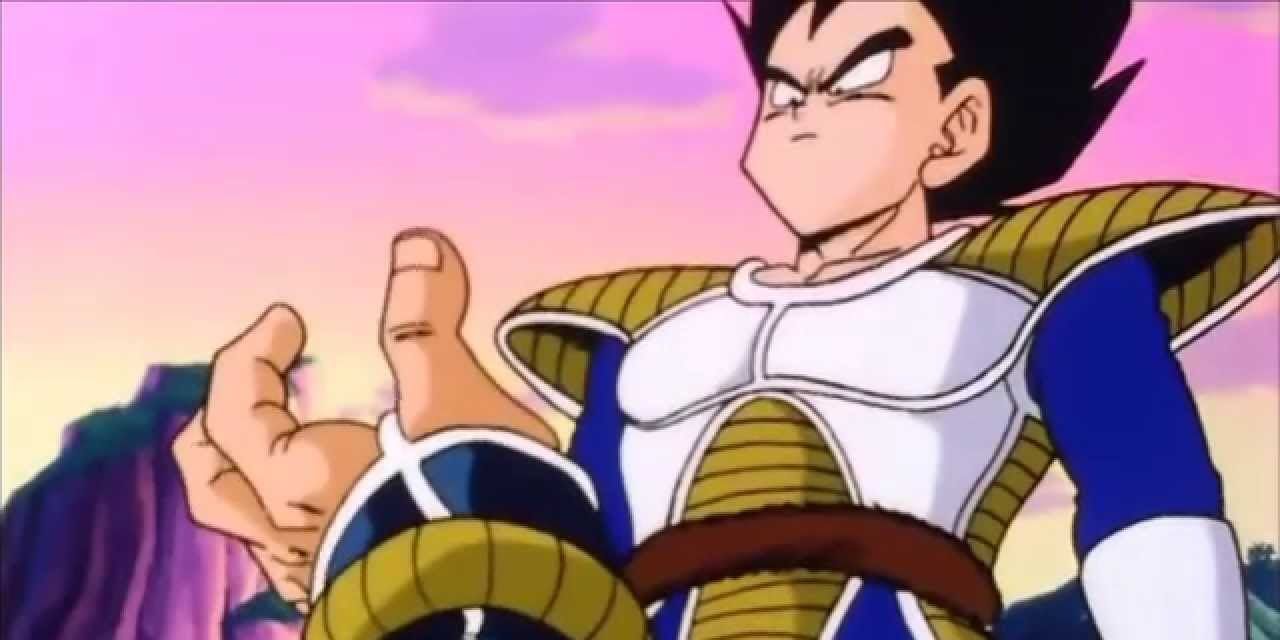
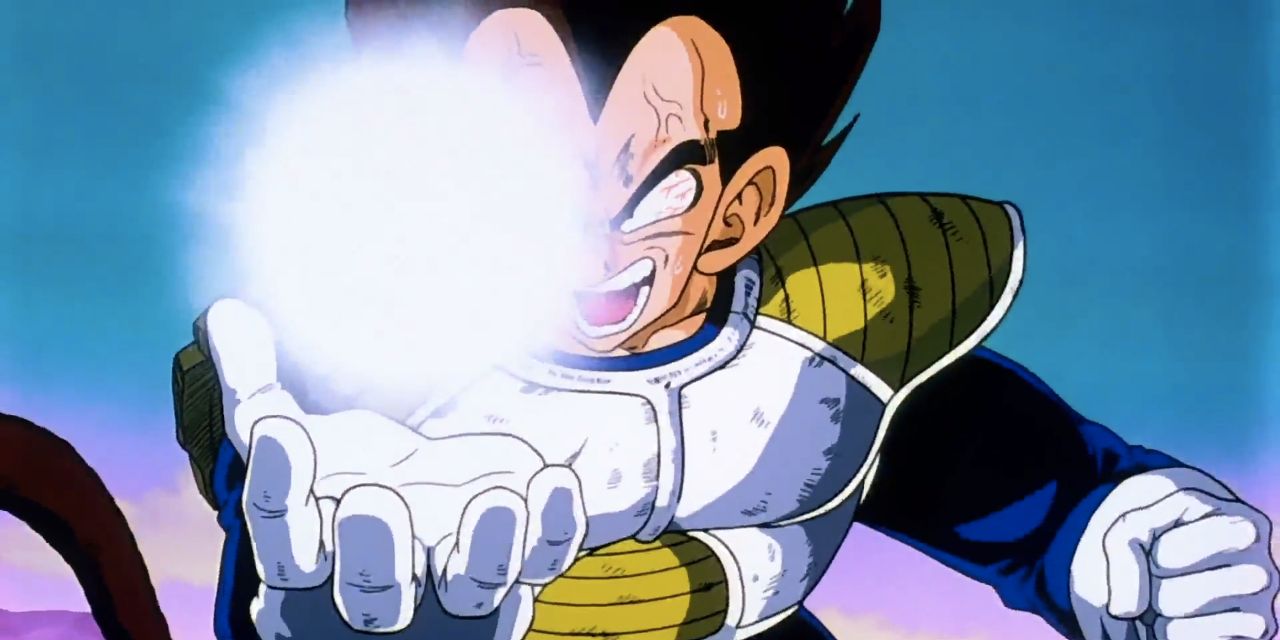
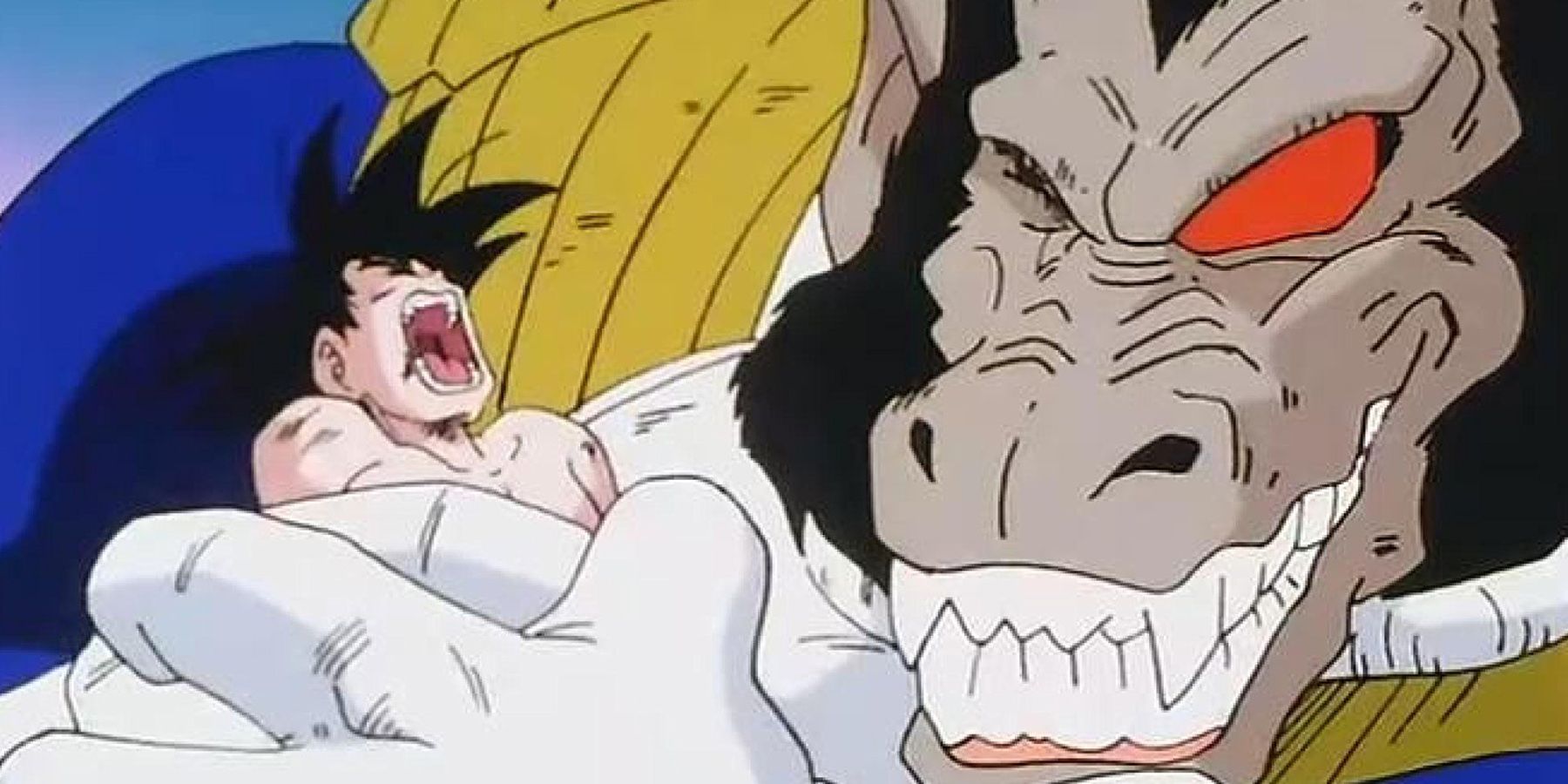




Akira Toriyama is infamous for his off-the-cuff writing style that has sometimes resulted in plot holes and forgotten characters throughout the years. That being the case, it shouldn’t be at all surprising for fans to learn that making Vegeta the Saiyan Prince wasn’t something Akira Toriyama initially intended. Vegeta served his role perfectly well during the Saiyan Saga as the most powerful saiyan. He didn’t need to have a special place in the saiyan hierarchy other than being “an Elite Warrior”, because Goku had no special connection to saiyan society other than that he was a lower-class saiyan.
For Dragon Ball’s narrative, the “lower-class vs elite” theme worked perfectly, because it demonstrated how Goku worked hard to become as strong as he did. Despite being born with more power than most people as the mysterious boy with a monkey tail in OG Dragon Ball, Goku still worked tirelessly to become the hero who saved the world from King Piccolo. As Goku even tells Vegeta, “on this planet, we know that even the lowest-born can outdo the elite if they work hard enough.”
This establishes the main theme of Goku and Vegeta’s fight right from the outset. Namely, that greatness isn’t just about talent, it’s about practice. However, Goku still wouldn’t have been able to beat Vegeta, even with all his newfound power from training with King Kai. Instead, the second major theme of the Vegeta Saga would take prominence: that teamwork and the power of friendship always beat a singlular individual. This concept of teamwork was something that Vegeta threw away the moment he killed Nappa in cold-blood.
At that point, Vegeta didn’t act like a prince who was concerned with the propagation of his race as the saiyan Prince. He only cared about being the strongest as an individual. Even before he arrived on Earth, Vegeta was hardly Prince material. When Nappa suggested that he and Vegeta spawn a flock of Super Saiyans to rebuild the saiyan empire, Vegeta swiftly turned the idea down. As Vegeta put it, “Don’t be stupid. Do you want a lot of ingrate brats running around with powers greater than ours?”
It was clear from this statement that Vegeta was far less concerned with the good of his race, and more worried about his personal status as an elite warrior. Even as early as the Saiyan Saga, Vegeta’s two main defining personality traits were his pride as a warrior and his belief that strength is something given, not earned. However, at that stage, Vegeta’s pride and belief in birthright were tied to his strength as an elite warrior instead of his saiyan heritage.
That all changed when he became the Saiyan Prince on Namek. By changing the source of his pride to something even more superficial than physical power, Vegeta became the ultimate antithesis to Goku. It wasn’t just that he didn’t believe in hard work – Vegeta’s ego came from something that no amount of work could ever give a person.
Vegeta’s Princehood is an Important Part of Who He is in Dragon Ball
Making Vegeta the Prince of Saiyans Was One of Toriyama’s Best Writing Decisions
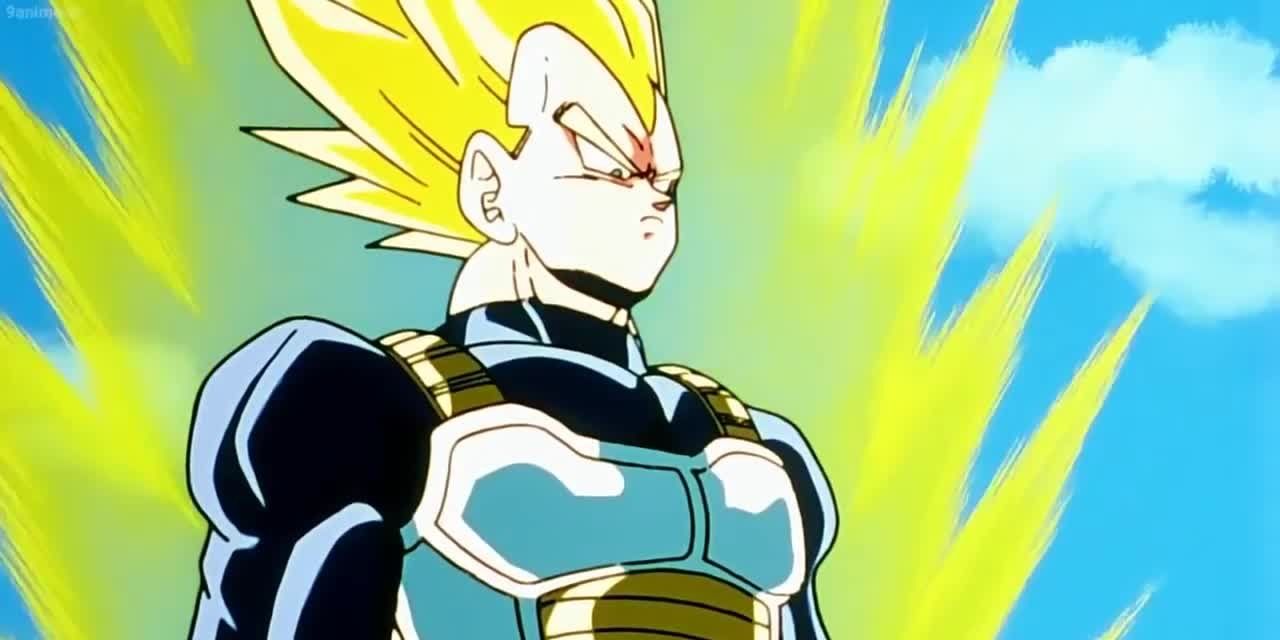
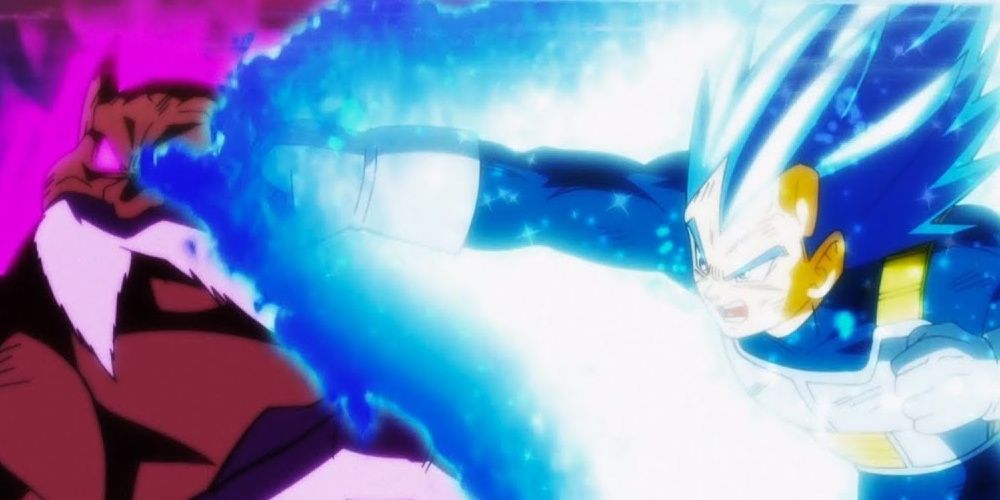
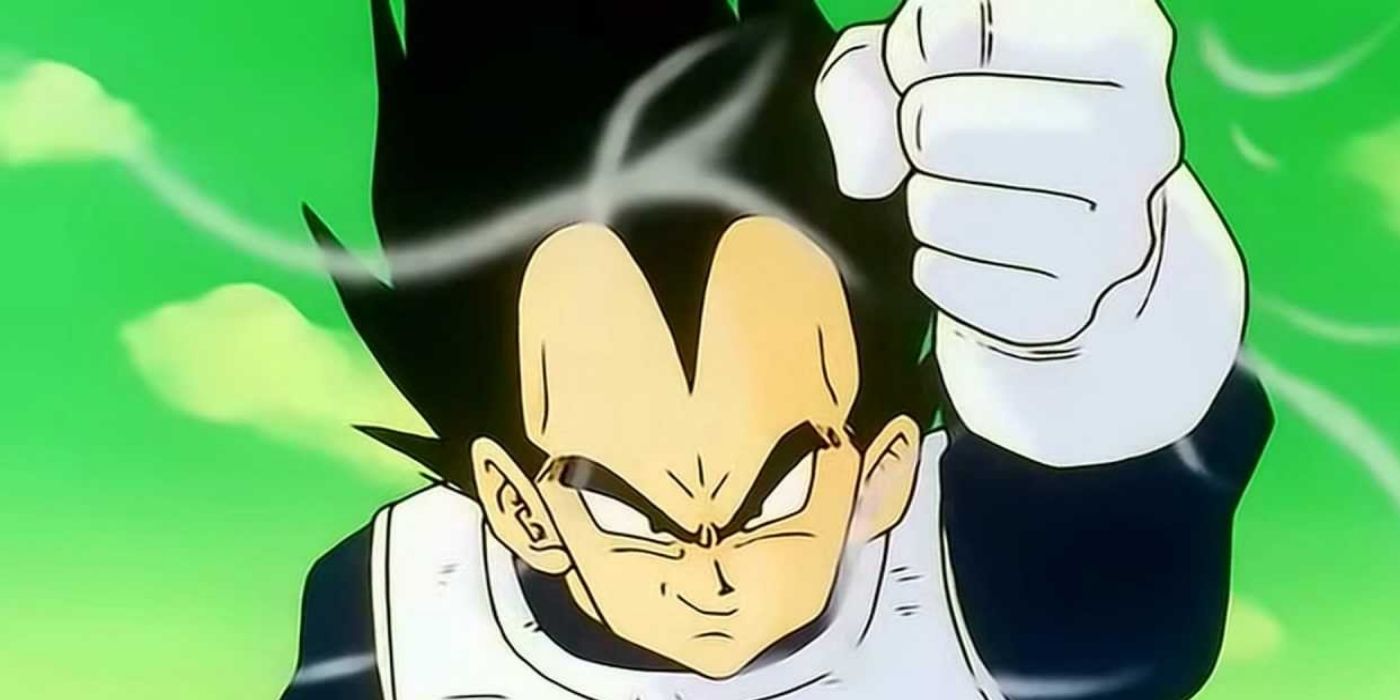
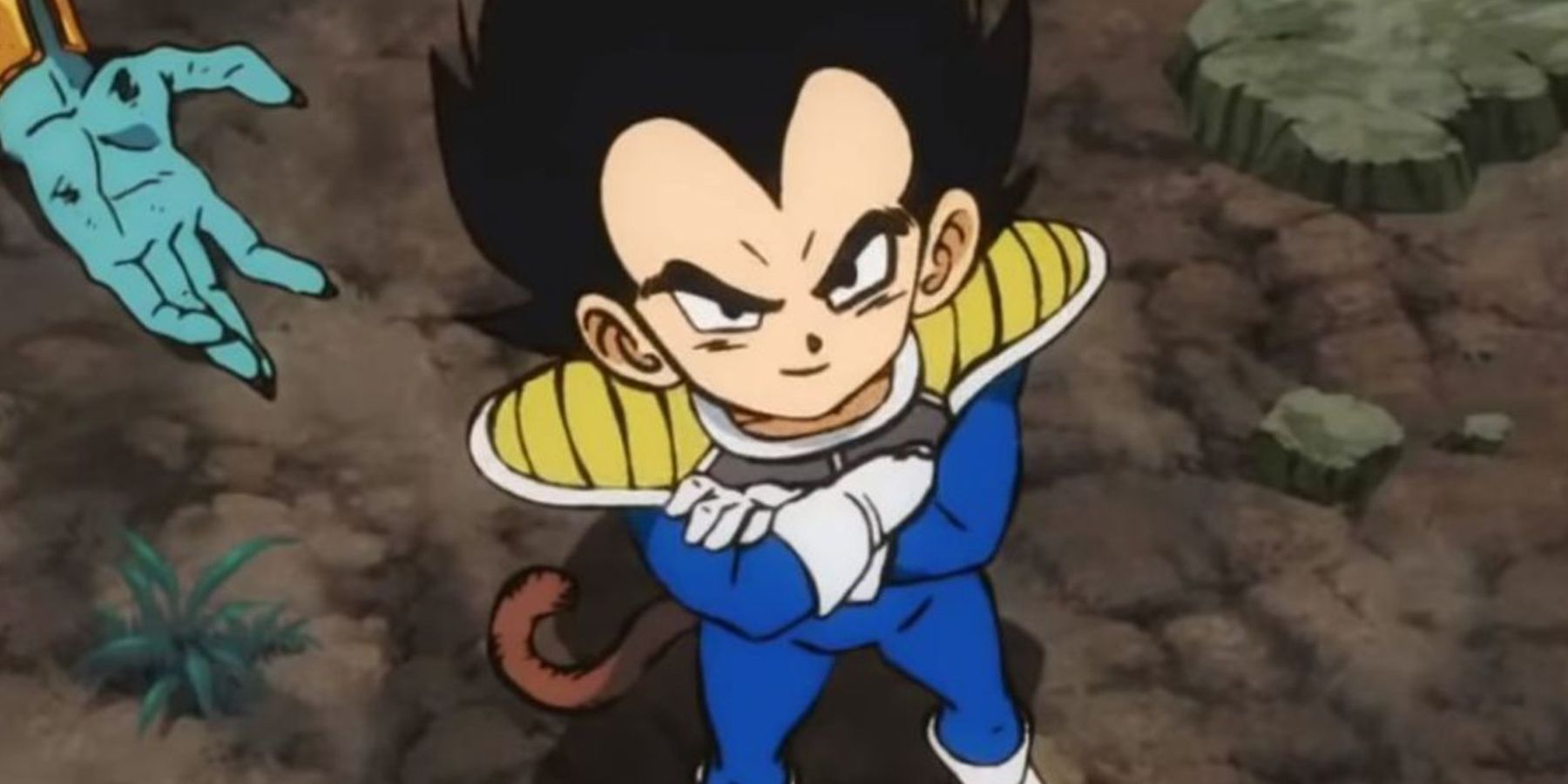




“I want you to know. I do this – not for my planet, not for my race, but because you thought you could make the Prince of Saiyans a slave to your whim!”
– Vegeta

Vegeta’s Character Development in Dragon Ball GT is Still Better Than DBS
Dragon Ball Super is a more beloved series, but the controversial Dragon Ball GT had much better character development for Goku’s rival, Veegta.
After finally being given the title of Prince, Vegeta’s princehood became a vital part of his personal identity that he quite frankly would not let anyone forget. It became essential to him as a character that his pride as the Saiyan Prince was a driving factor in all he did. It took until well into Dragon Ball Super for Vegeta to finally stop taking his title as a prince so seriously, and that was something that required a lot of soul-searching.
Making him the Prince of all Saiyans connected Vegeta to his saiyan heritage in a way that no regular saiyan could be, and that had various effects in the series. For one, Vegeta being the Prince gave him a far deeper grudge against Frieza than he already would have had, because Vegeta viewed all Saiyans as his people. This is far beyond a sense of nationalism or state pride: Vegeta’s identity as the Prince meant that Frieza had literally taken everything from him – including his entire personal identity.
It wasn’t just that he had lost his family, his way of life, and his home; Vegeta lost who he believed he was as a person. Making Vegeta the Prince of Saiyans instead of just an elite warrior made Vegeta’s saiyan pride far stronger than it would have been otherwise, and seemingly more than it initially was during the Saiyan Saga. From the Namek Saga on, Vegeta would still take great pride in his power, but being the Prince also gave him something more to attach his self-worth to.
Sure, Vegeta despised being subjugated by Frieza, but Vegeta being the Prince of Saiyans meant that him being on Frieza’s radar from the get-go would be more believable, as would Vegeta’s major change-of-heart in trying to get his revenge on Frieza. If he were just an elite warrrior named after Planet Vegeta, Vegeta wouldn’t likely have the same motivation to take his revenge on Frieza. However, as the saiyan Prince whose kingdom was destroyed, it would be far more understandable that he would seek to usurp Frieza.
Vegeta’s pride in his saiyan heritage was clearest when, with his last words before being killed by Frieza, Vegeta pleaded with Goku, “Please… Frieza… Frieza must… die… by a Saiyan’s hands…” If Vegeta weren’t the Prince of all Saiyans, his final plea to Goku to kill Frieza in the name of the saiyan race would have felt far more shallow. Instead, it became one of the most memorable moments for him as a character, solidifying his reluctant bond with Goku, the last of his fellow saiyans.
Even though Vegeta being the Saiyan Prince was very clearly a retcon, it was one of the greatest and most seamless retcons in anime history. Vegeta may not have always been the Prince of all Saiyans, but it has become an integral part of his personality that’s synonymous with the name Vegeta itself.
“All hail Vegeta! Prince of none!”
– Frieza
